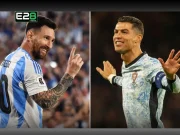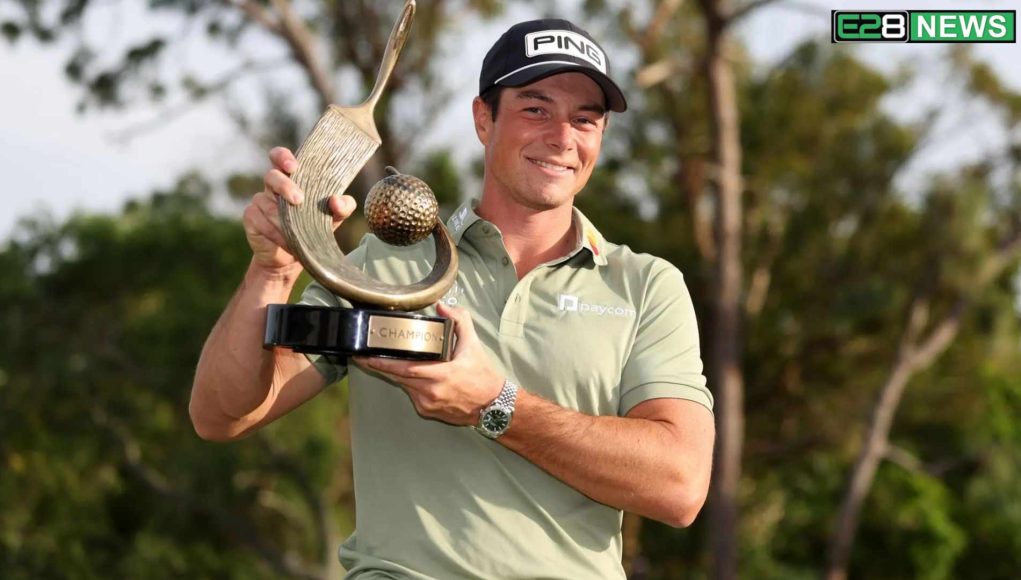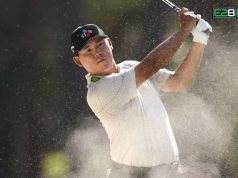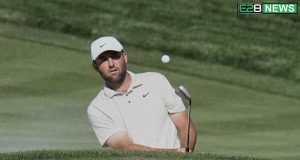Renowned sports psychologist Bob Rotella often reminds his clients that golf is a game no one can fully perfect.
However, it continues to attract those who strive for perfection, like Viktor Hovland. Once seemingly on the edge of obscurity, Hovland has now emerged as the latest PGA Tour winner.
His unexpected success marks an incredible turnaround in both his form and fortunes.
“It’s like you’re drowning, and you’re running out of air,” said the 27-year-old Norwegian, reflecting on his struggles after defeating Justin Thomas at the Valspar Championship last Sunday, securing yet another European victory on American soil this year.
Hovland’s recent success was one of the least expected in his series of 2025 wins, which will certainly please European Ryder Cup captain Luke Donald. This victory in Oslo marked his first win since the 2023 Tour Championship.
At that time, Hovland was ranked fourth in the world, with a unique yet effective swing, and had resolved his issues around the green, which were seen as his only obstacle. He seemed like a complete player, ready to win majors and potentially dominate the sport. However, in golf, the pursuit of perfection never ends, and improvement is never guaranteed.
Many believe “if it ain’t broke, don’t fix it,” a sentiment Rory McIlroy echoed after his recent win at the Players Championship. But Hovland doesn’t agree with that mindset. “We are here to improve and win tournaments. If you’re not trying to get better, what are you doing?” he remarked.
Despite being in a strong position, Hovland continued making changes to his swing, constantly seeking improvement. In the 574 days after his Tour Championship win, his performance declined. He dropped from first to 137th in the FedEx Cup standings and missed cuts in his last three tournaments, including a poor 80 at the Players.
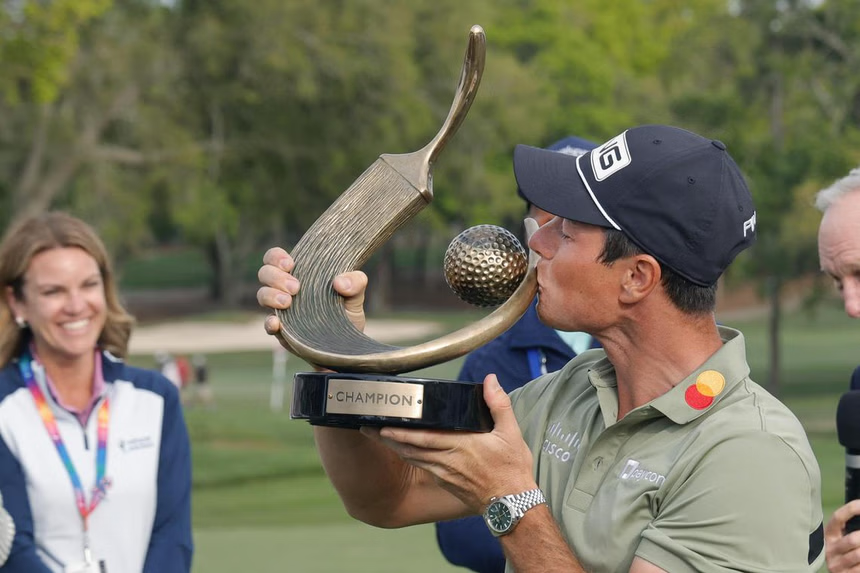
However, Hovland believed his pursuit of perfection was justified. “It’s not like I’m inventing things,” he said. He realized he needed to revisit methods that had worked well in the past. “I have data showing that what I used to do was objectively better,” he said. “So why not go back to what worked?”
Reuniting with his former coach Grant Waite, Hovland regained a swing feel he had lost in his pursuit of more speed. His caddie, Shay Knight, noted how quickly Hovland adapts when he finds a key swing cue, and it seemed to click during the tournament.
Although Hovland was not fully confident and still feared hitting long shots inaccurately, he had a foundation to compete. “I made it work and was able to win, and that’s something I’m really proud of,” he said. His game remains “more stressful than it should be,” but he believes working with Waite will lead to more success.
Hovland’s unconventional swing has challenged many coaches, but Waite understands it and has helped him make the necessary adjustments. Hovland trusts Waite because he knows how to work with his unique swing pattern.
This win adds to a strong year for European players, including Rory McIlroy, Ludvig Åberg, Sepp Straka, and Thomas Detry. Their success fuels optimism for Europe’s Ryder Cup defense at Bethpage in September. However, history shows that there are no guarantees in golf, as demonstrated by the U.S. team’s defeat in Rome despite strong performances earlier in 2023.
Hovland remains cautious about his upcoming performance at the Masters, acknowledging that some of his shots will make it difficult to compete at Augusta. “There are still things I need to improve, but it’s nice to have this win behind me as I prepare,” he said, looking ahead to the challenges that await at the Masters.

